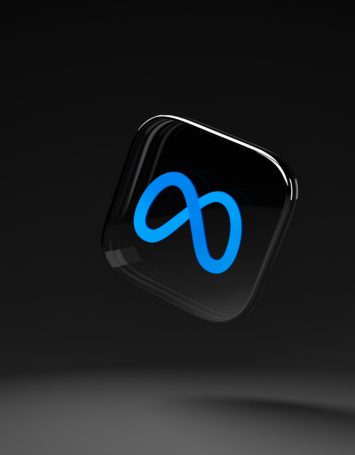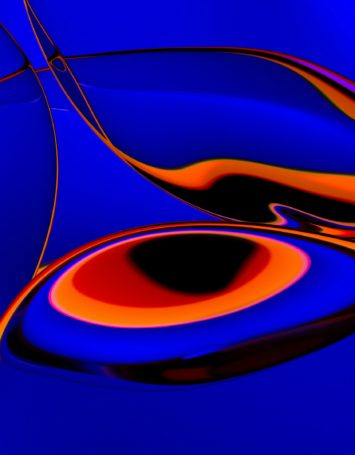Article by Clyde Shuman
A divided panel of the U.S. Court of Appeals for the Federal Circuit clarified the first step of the two-step inquiry under the U.S. Supreme Court’s Alice test, warning that courts must be careful not to “overly abstract” claims. In Natural Alternatives International Inc. v. Creative Compounds LLC et al., case number 18-1295, the Court, reversing a lower court grant of judgment on the pleadings that the asserted claims in six patents were not patent-eligible, found that the claims in Natural Alternatives’ patents for dietary supplements containing beta-alanine, which it had asserted against Creative Compound, were not directed to ineligible matter under the test set forth in Alice Corp. v. CLS Bank International. Although beta-alanine is a natural substance, the Court found that the claims did not only cover unpatentable natural law.
Specifically with respect to method claims for, inter alia, regulating hydronium ion concentrations in a human tissue by providing an amount of beta-alanine to blood or blood plasma effective to increase beta-alanylhisti-dine dipeptide synthesis in the human tissue, the Court rejected the lower court’s ruling that the method claims were directed to the natural law that ingesting certain amounts of beta-alanine, a natural substance, will increase carnosine concentration and provide the claimed result. Per the Court, “Administering certain quantities of beta-alanine to a human subject alters that subject’s natural state… This, in turn, results in specific physiological benefits for athletes engaged in certain intensive exercise. The claims not only embody this discovery, they require that an infringer actually administer the dosage form claimed in the manner claimed, altering the athlete’s physiology to provide the described benefits. These are treatment claims and as such they are patent eligible.”
The Court also found that claims directed to dietary supplements were patent-eligible, saying, “the Product Claims are directed to specific treatment formulations that incorporate natural products, but they have different characteristics and can be used in a manner that beta-alanine as it appears in nature cannot.” For claims directed at the use of beta-alanine in manufacturing dietary supplements, the Court said, “The supplement is not a product of nature and the use of the supplement to achieve a given result is not directed to a law of nature. We do not see, therefore, how a claim to the manufacture of a non-natural supplement would be directed to the law of nature or natural product.”
The Court concluded, “We live in the natural world, and all inventions are constrained by the laws of nature. As the Supreme Court has warned, we must be careful not to overly abstract claims when performing the Alice analysis.”
Judge Reyna partially dissented from the majority opinion, saying that he believed the majority erred in interpreting one of the claims to find that it “transformed into something other than beta-alanine.” He argued that remand should include formal construction of that claim: “My main concern with its analysis is that it relies on a claim construction that improperly imports limitations into the claims and is contradicted by the written description. This may be an unavoidable result given the lack of claim construction in this case.”



